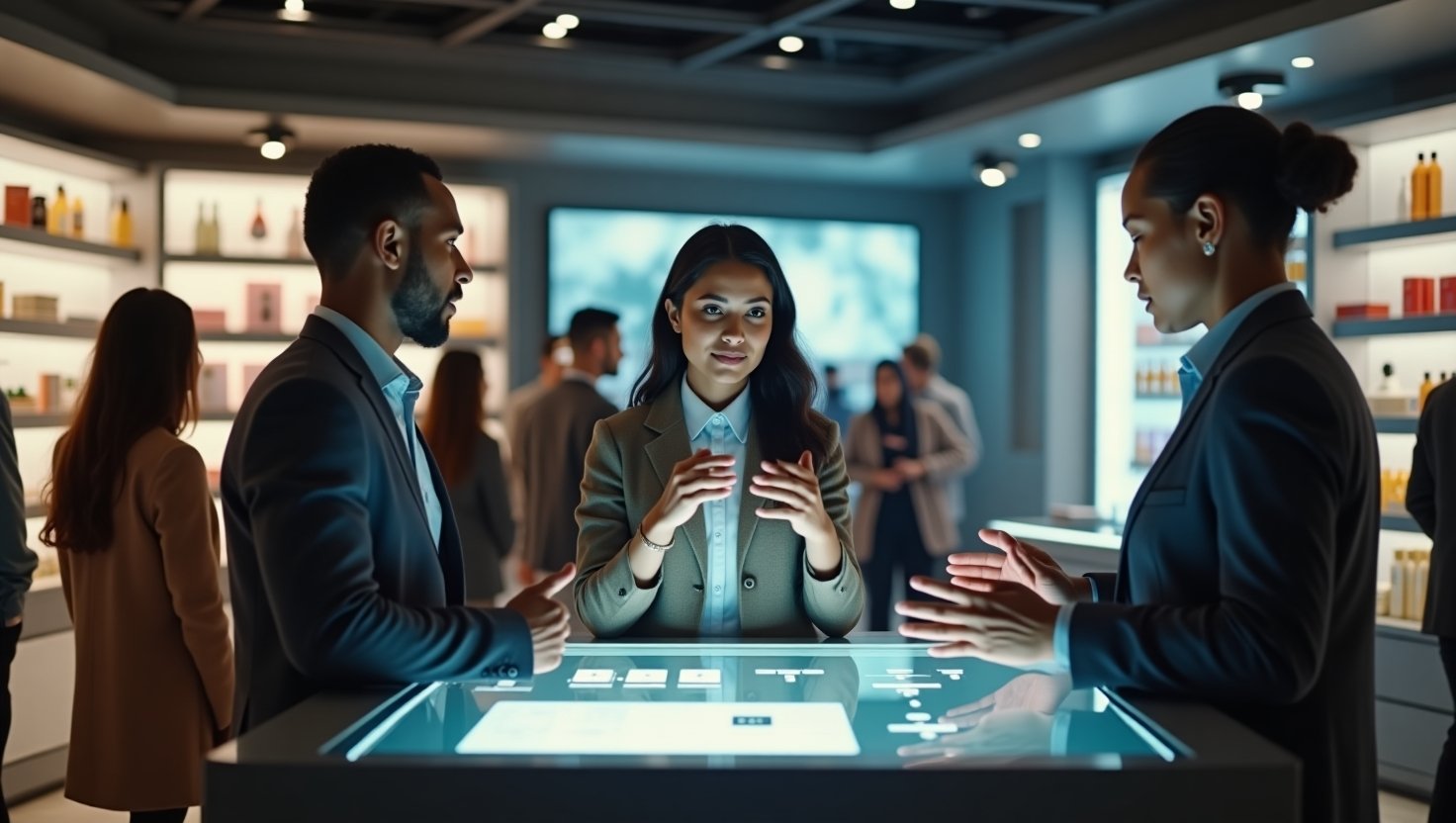Travis Nixon’s AI Leadership at Dollar General: Transforming Retail Through Artificial Intelligence
In the dynamic world of retail, artificial intelligence (AI) is swiftly becoming a cornerstone for operational excellence and customer engagement. Dollar General’s recent appointment of Travis Nixon as the Senior Vice President of Artificial Intelligence Optimization underscores this shift. With a robust background from companies like Dropbox, Nixon is set to steer Dollar General into a new era of AI-driven transformation. This article explores his role and its anticipated impact on the retail sector, touching on supply chain trends, the broader implications of AI in retail, and the future landscape.
Embracing AI in Retail Leadership: The Critical Takeaway
Understanding the significance of Travis Nixon’s AI Leadership requires appreciating how AI is reshaping retail leadership. Dollar General’s strategic choice signals not only their commitment to innovation but also an industry-wide trend towards digital transformation in retail operations. By leveraging AI, retail giants aim to enhance efficiencies in supply chain, store operations, and merchandising.
Consider this: Implementing AI in retail is akin to automating traffic management in a bustling city. Just as AI would manage real-time traffic patterns to optimize flow and reduce congestion, in retail, it streamlines operations, making them quicker and more reliable. This transition is evident in the 5.1% growth reported in Dollar General’s second-quarter net sales, thanks in part to their AI initiatives (source).
AI’s Impact on Retail Operations
AI in retail is more than a buzzword; it’s a transformative tool that enhances both operational efficiency and customer experience. Travis Nixon’s role will primarily focus on optimizing supply chain trends — a critical aspect of retail operations. From predictive stocking to real-time inventory management, AI applications can foresee demand fluctuations and adjust accordingly, thus ensuring products are always available, minimizing lost sales opportunities.
Moreover, as seen with Walmart’s AI tools integrated into their holiday season strategy, AI can significantly impact consumer interactions by providing personalized shopping experiences (source). These tools not only streamline the shopping process but also increase the average spending of customers employing these digital aids by 25%.
Future Prospects and Forecasts
Looking ahead, Travis Nixon’s leadership could set a precedent for other retailers. As AI technologies continue to evolve, so will their applications in retail. The ongoing trend likely points towards further personalization of shopping experiences, where AI could cater to individual consumer needs through AI-driven product recommendations and virtual try-ons.
Additionally, automation is expected to permeate other facets of retail, such as dynamic pricing models, seamless checkout processes, and enhanced delivery logistics. As more retailers follow suit, the competitive landscape will shift, making AI integration not just an advantage but a necessity.
In conclusion, Travis Nixon’s AI Leadership at Dollar General is a testament to the burgeoning role of AI in retail. By spearheading AI integration, Dollar General stands poised to not only improve its operational backbone but also enrich its customer interactions, setting a benchmark for the future of retail. As AI continues to evolve, its impact on retail will widen, paving the way for more intuitive and efficient shopping experiences worldwide. This technological metamorphosis is one retailers cannot afford to overlook as they chart their paths forward in a competitive global market.










